The fixed interest rate that characterizes most home equity loans can help you plan your monthly payments more easily. This kind of borrowing also has tax benefits.
Putting Money into Your House
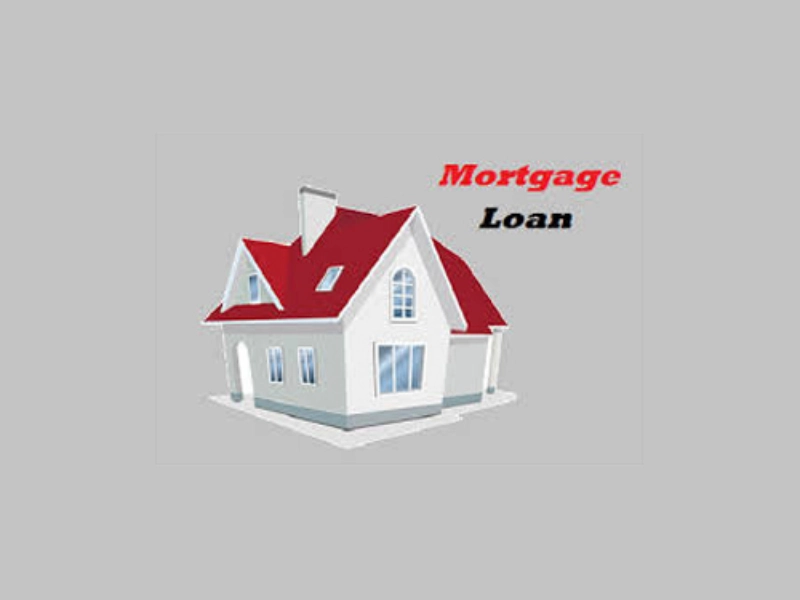
Investing in your home by funding renovations that will probably raise its resale value might be a terrific use of a home equity loan. To attract buyers, you may do things like paint your house, add solar panels, or renovate the kitchen.
One potential advantage of obtaining a home equity loan is the possibility of deducting a portion of the interest paid. It's crucial to keep in mind, though, that you can only claim this deduction if you spend the borrowed funds on house improvements.
To decide if you qualify for a home equity loan, lenders typically take into account your monthly income, assets, obligations, employment status, credit score, and credit history. The procedure can go more quickly if you are organized and prepared in advance, especially when it comes to scheduling a professional house appraisal and gathering the necessary paperwork. If, for some reason, you are not eligible for a home equity loan, you might consider alternative options such as a cash-out refinance or personal loan.
Consolidation of Debt
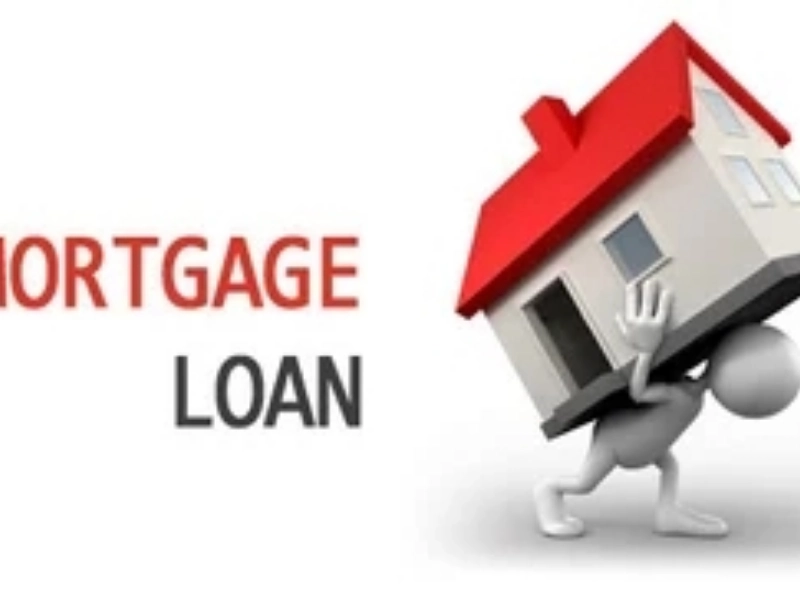
One of the most frequent reasons homeowners want to borrow against their equity is to take control of their debt. By merging several outstanding accounts into a single payment, a home equity loan can help simplify payments and lower interest rates. However, there are a number of factors, such as cost, dangers, and other options, to take into account before considering a home equity loan for debt consolidation.
For people with high-interest debt, debt consolidation can be a good alternative. However, it's only a smart move if you can guarantee that the new, single loan payment is made on time each month and that you are prepared to change the spending habits that resulted in your current debt. If you choose this course of action, it's crucial to remember that missing payments on your mortgage or home equity loan could result in the loss of your house. A smart move would be to contrast the price of home equity loans with that of personal or auto loans, which are frequently less costly.
Purchasing a New House

Taking on debt when purchasing a new house might be dangerous. The lender may foreclose on your property if you are unable to make payments, leaving you with little to nothing from the sale. Nonetheless, one option to assist you in affording the down payment on a new property is to use your home equity.
Even though this seems like a good answer, you should carefully assess your options and whether you're ready to take on further debt. Particularly if you're one of the 25 percent of American adults who believe that paying off debt will be their top priority in 2024 and the 36 percent who believe that preparing for emergencies and debt repayment should come first.
To get the best deal, compare rates and lenders for home equity loans. You have three options for getting quotes: online, via your current bank or credit union partnerships, or through a mortgage broker. Terms can be anywhere from five to thirty years, and rates can be either fixed or variable, depending on the lender.
Modernizing Your House

Your property's worth may rise if you use a home equity loan for improvements, which may facilitate a future sale. Moreover, you could be eligible to claim the interest as a tax deduction.
Compared to mortgages, home equity loans typically have more relaxed credit standards. Lenders will still, however, consider your credit history, income, and debt-to-income ratio. Additionally, lenders will look at your ability to pay back the loan in the event that it defaults.
Recall to weigh your alternatives if you do choose to finance your improvements with a home equity loan. For house improvements, for instance, a personal loan can be a more affordable choice, or you might want to borrow money via a secured credit card. There's also the matter of closing costs to consider. These are the additional costs, which cover items like title insurance, filing fees, and home appraisals. Closing expenses are normally estimated to be between 2% and 5% of the loan amount.
Recommended Reading: Personal Injury Law: In Case Your Injuries Were Caused by Someone Else's Carelessness
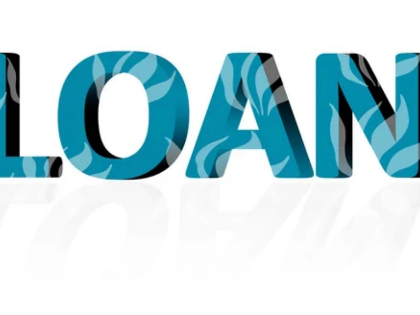

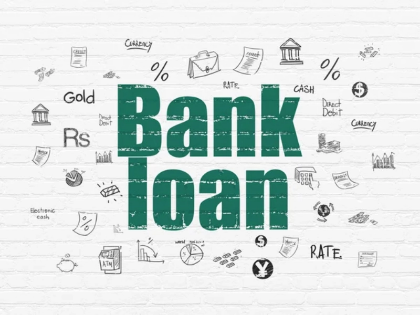
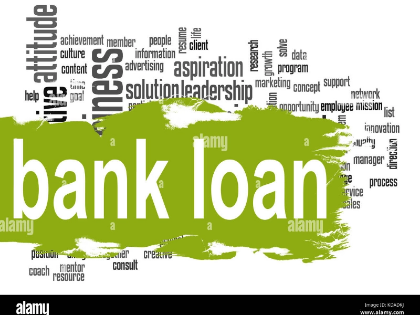

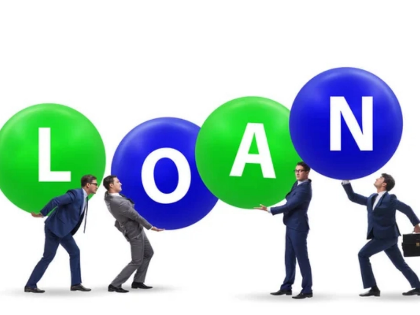





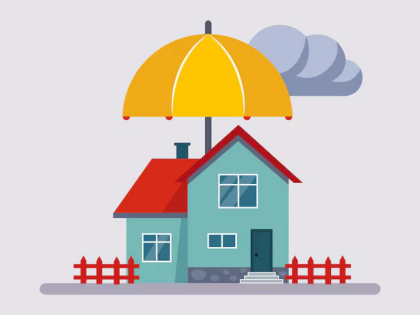







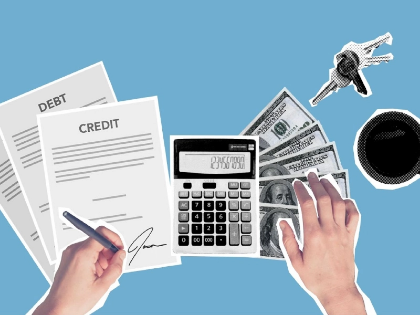



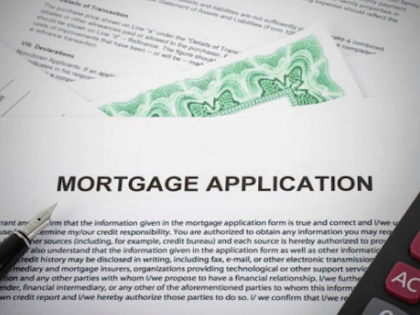
A reliable prioritization compass.
This can anchor routines.
Sharpened my lens.
Makes me rethink assumptions. You too?